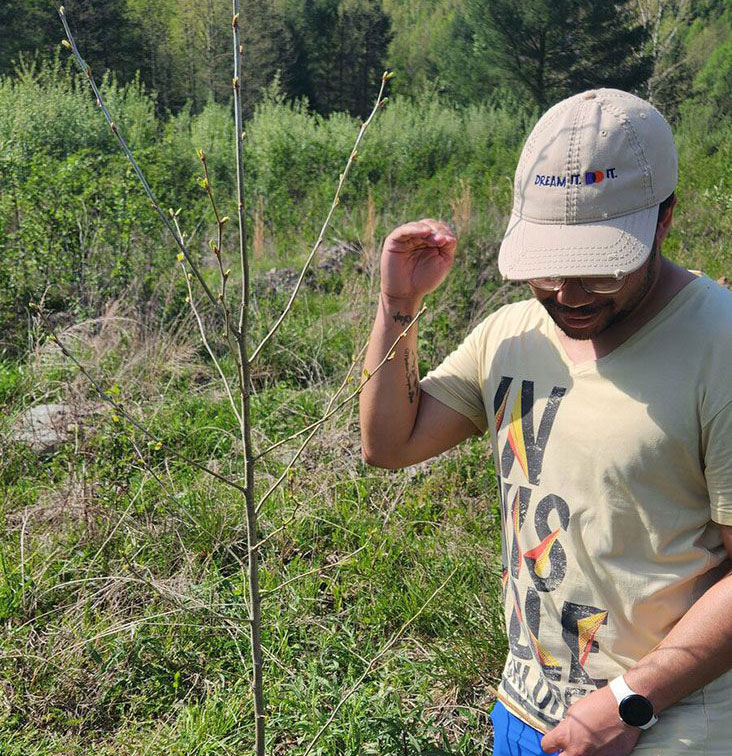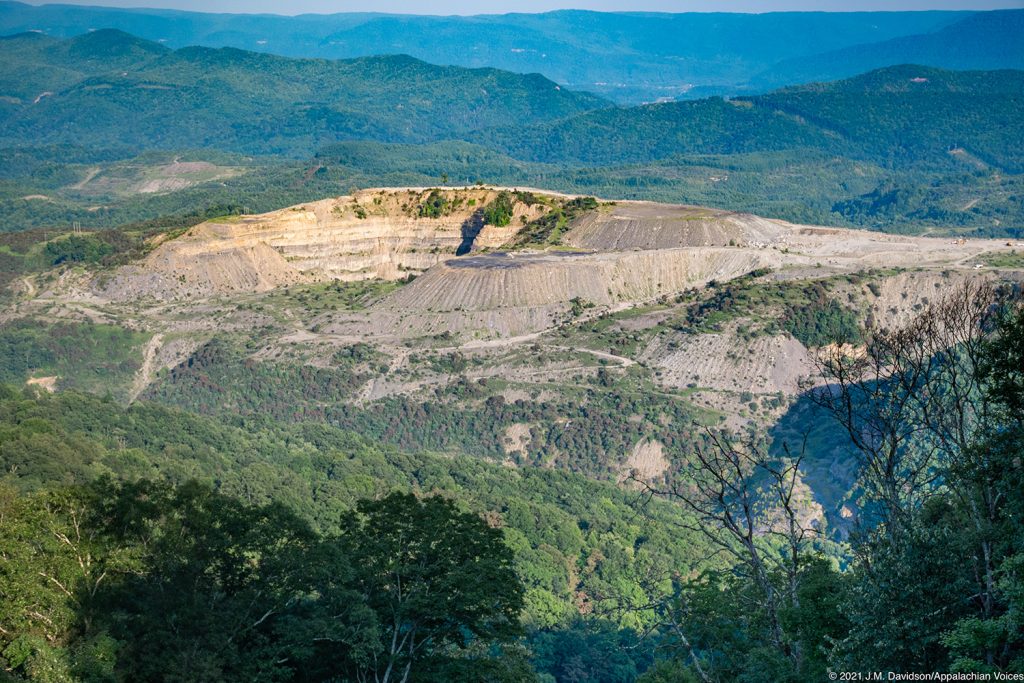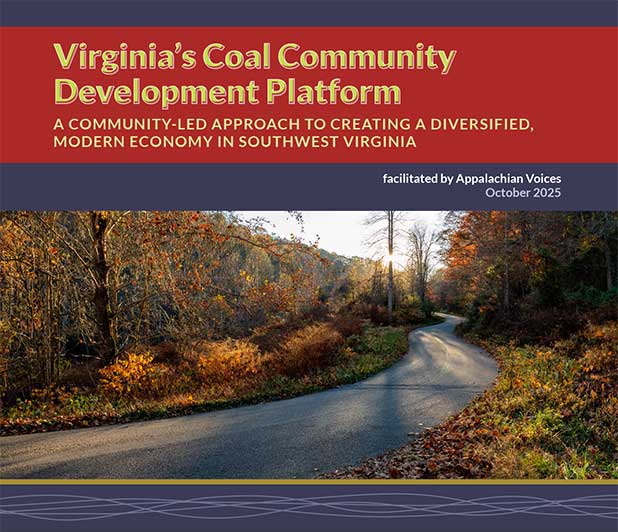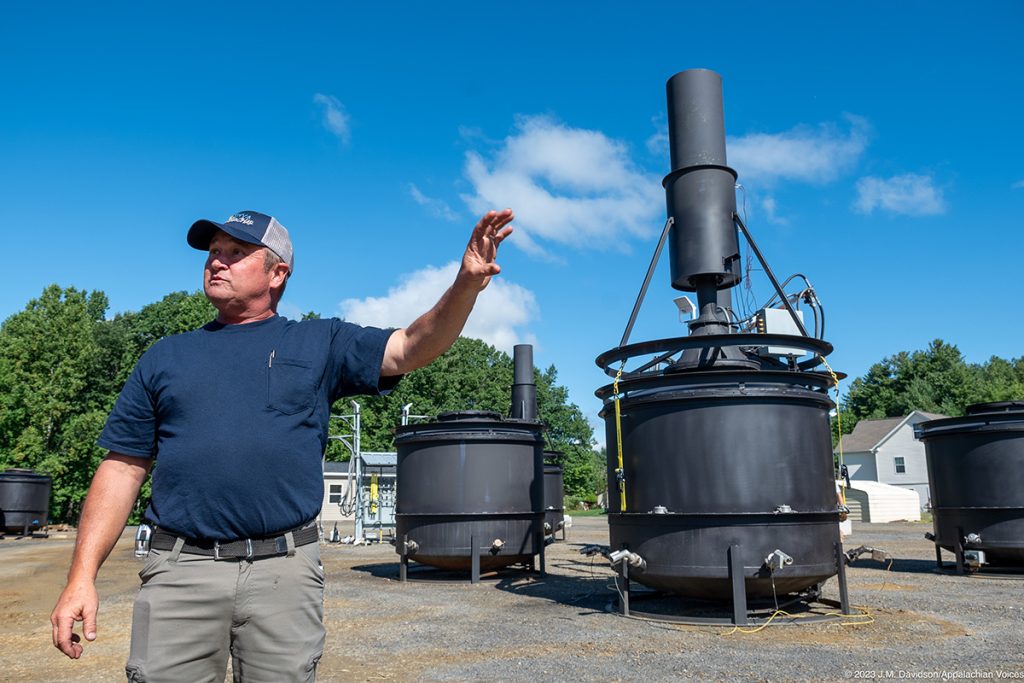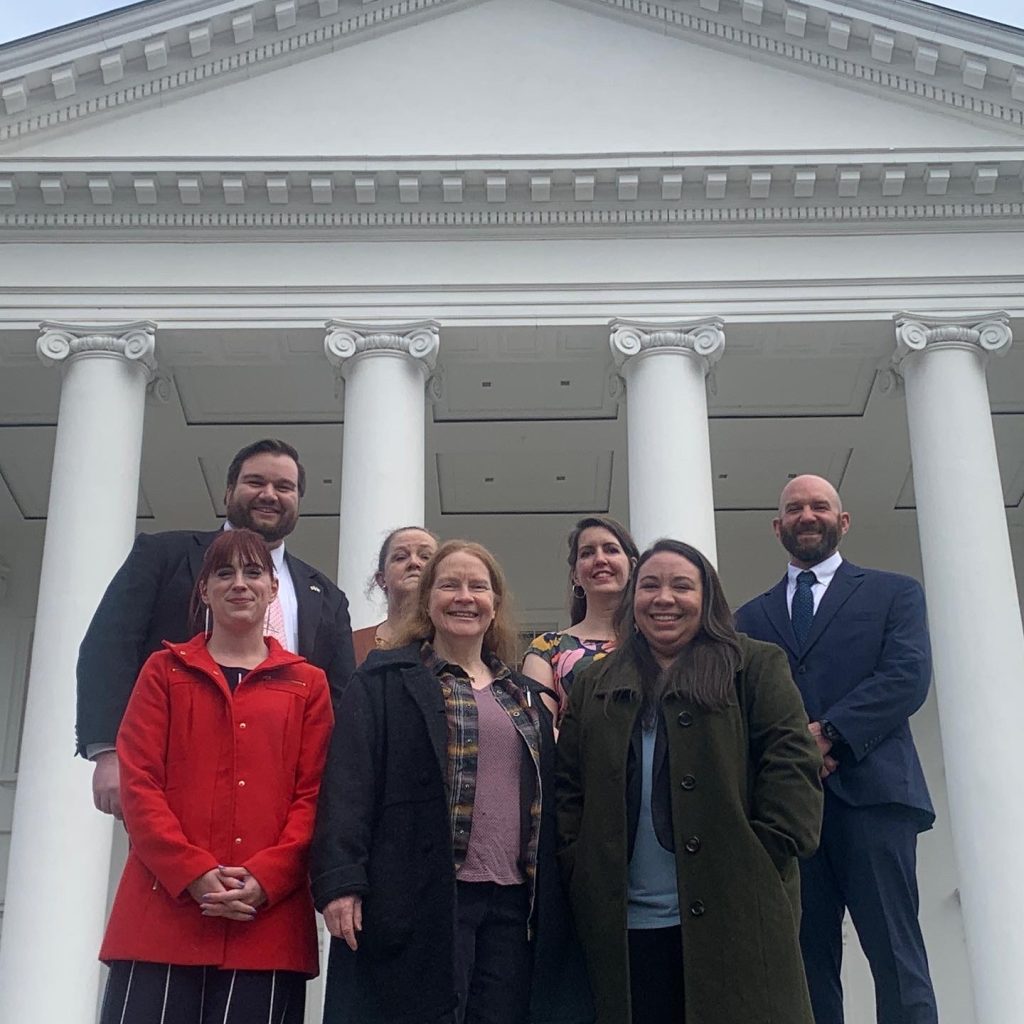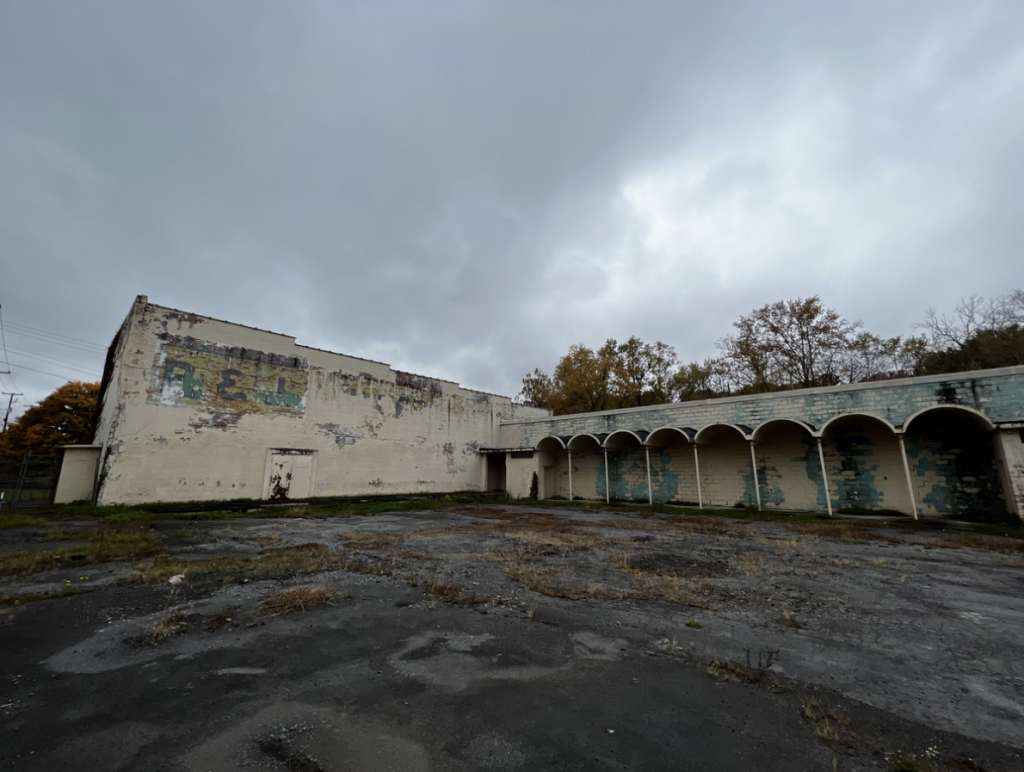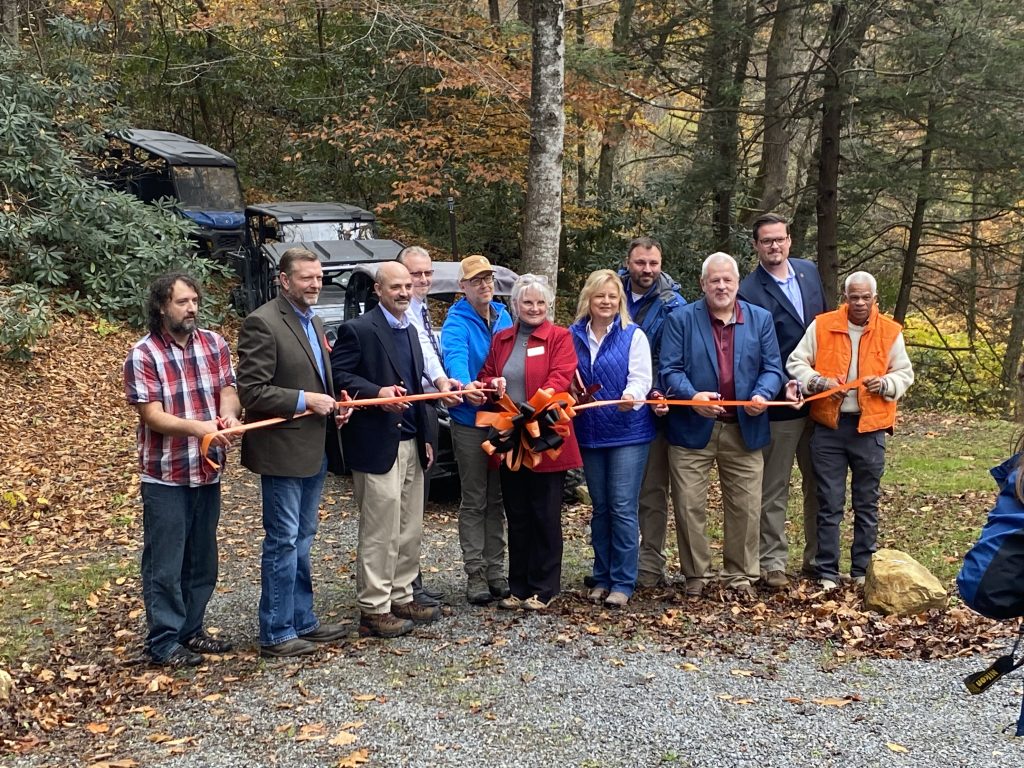A New Economy for Appalachia

America’s energy landscape has changed dramatically in recent years, resulting in substantial economic impacts in Central Appalachia, which has historically been driven by the coal industry. The inevitable decline of the coal industry is causing hardship for many individuals and families in the region and serves as a wake-up call that now is the time to diversify our economy.
A window of opportunity has opened for Central Appalachia. Recognizing this, a growing number of local residents, elected officials, economic development leaders and institutions are making choices to move toward a new economy, and calling for policies and ways of thinking to carry the region into a future of economic resilience and shared prosperity.
Appalachian Voices is integrally involved in this challenge, bringing to bear the four key principles of community engagement, economic diversification, land restoration and growing the clean energy sector. Our New Economy for Appalachia program is based out of our Norton, Virginia, office in the heart of Southwest Virginia’s coal country.

We facilitate opportunities for residents from all walks of life and with diverse backgrounds and perspectives to become more engaged in sharing ideas and making decisions about their economic future. Since our New Economy for Appalachia program began in 2015, we have worked with community members and leaders to make local visions a reality, channeling state, federal and private resources to create new opportunities for residents and businesses, including helping communities prepare for natural disasters.
While our efforts are focused in Southwest Virginia, we recognize that the movement for a just transition away from the coal economy is a regional one, and closely collaborate with partner groups working toward similar goals. Together with citizens, leaders and organizations across Central Appalachia, we utilize federal funding to help mountain communities build resilience and diversify their economies by implementing locally-driven revitalization projects. We also work to bring investments in solar and other renewable energies to the region.
Our Mountain Ascent Newsletter celebrates the victories in Southwest Virginia's efforts to build a new economy in the coalfields.
Latest News
‘Every Stick:’ SWVA Biochar Uses Local Waste to Create Quality Soil
A Southwest Virginia company’s biochar product is carbon-negative and has applications in agriculture.
Engaged activists get bipartisan wins in 2024 General Assembly session
There were bright spots and not-so-bright spots in the 2024 Virginia General Assembly session.
Investing in what matters: Federal funding to kick off community-led resiliency projects
As spring bursts into bloom in the mountains, Appalachian Voices is officially launching Building Community Resilience in Virginia’s Coalfields, a new project funded through the Environmental Protection Agency’s Environmental Justice Collaborative Problem-Solving Grant.
Three Towns in Southwest Virginia Pursue Redevelopment of Blighted Buildings
Brownfields revitalization programs are helping rural Appalachian towns combat blight to rejuvenate their economies.
Community celebrates opening of new recreation area in Dante, Virginia
This new recreation area features approximately 16 miles of new trails that will connect to existing trails around the nearby town of Saint Paul, and the campground features full amenities.
Appalachian Voices awarded EPA Environmental Justice Collaborative Problem-Solving Cooperative Agreement Program Funding
Appalachian Voices partnered with five Southwest Virginia governments and communities, including Clinchco, Dante, Dungannon, Pennington Gap and Pound on a three-year proposal to map, plan, and implement community-driven initiatives to build more resilient communities.



